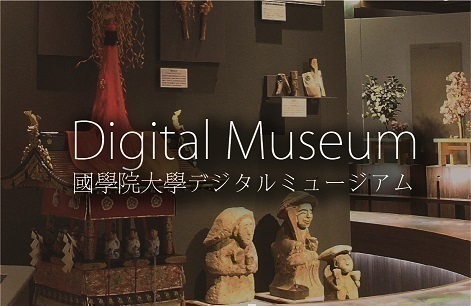- トップ
- Encyclopedia of Shinto
- Tanimori Yoshiomi
Encyclopedia of Shinto
| Main Menu: | |
| Links: |
詳細表示 (Complete Article)
| カテゴリー1: | 8. Schools, Groups, and Personalities |
|---|---|
| カテゴリー2: | Personalities |
| Title | Tanimori Yoshiomi |
| Text | (1817-1911) A scholar of National Learning (kokugaku) during the late Edo and Meiji periods. Born in Kyoto in 1817, Tanimori became a disciple of Ban Nobutomo (1775-1848) and studied positivistic historical research (or "evidential learning," kōshōgaku), concentrating in particular on the investigation of the imperial tombs, subsequently becoming known as an expert in this field. From the early 1850s, he lectured on kokugaku at the Gakushūin academy in Kyoto for children of the nobility. In the Imperial Tombs Restoration Project of the early 1860s, he acted as strategic assistant to Toda Tadayuki (1809-83), Magistrate of Imperial Tombs, locating the tombs and directing the manner of restoration, playing a central role in reviving the rituals of reverence and memorial at the imperial tombs. In 1868, he served the new Meiji government, holding consecutive appointments as Clerk of the Office of Divinities (jingi jimugakari), Provisional Magistrate of the Systems Office (seido jimukyoku gon-hanji), Special Consultant for Surveys at the Institute of National Learning (Kōgakusho torishirabe goyōgakari), and Associate Professor of the University (daigaku chū hakase). During this period he also held adjunct posts as Special Consultant on National History (kokushi kōsetsu goyōgakari), Special Consultant of the Bureau of Preceptors (kyōdōkyoku goyōgakari), and Special Survey Consultant for Imperial Genealogy (mikeizu torishirabe goyōgakari). In 1875, Tanimori became Editor in the Institute of Historiography (Shūshikan shūsen) and in 1904, he became a member of the Investigative Committee for Drafting Chronological Tables for the Empire (teikoku nenpyō sōan chōsa iin). He also carried out research on the genealogy of the Imperial House. The classical texts which he collected and collated from his youth are referred to as "the Tanimori Texts," and many were used as the basis for the massive Compilation of National History (Kokushi taikei). Under special imperial orders, he was awarded Senior Fourth rank at court in 1906. He died on November 16, 1911, at the age of ninety-five. Other writings include Shoryōchō and Shoryōsetsu. —Takeda Hideaki |




